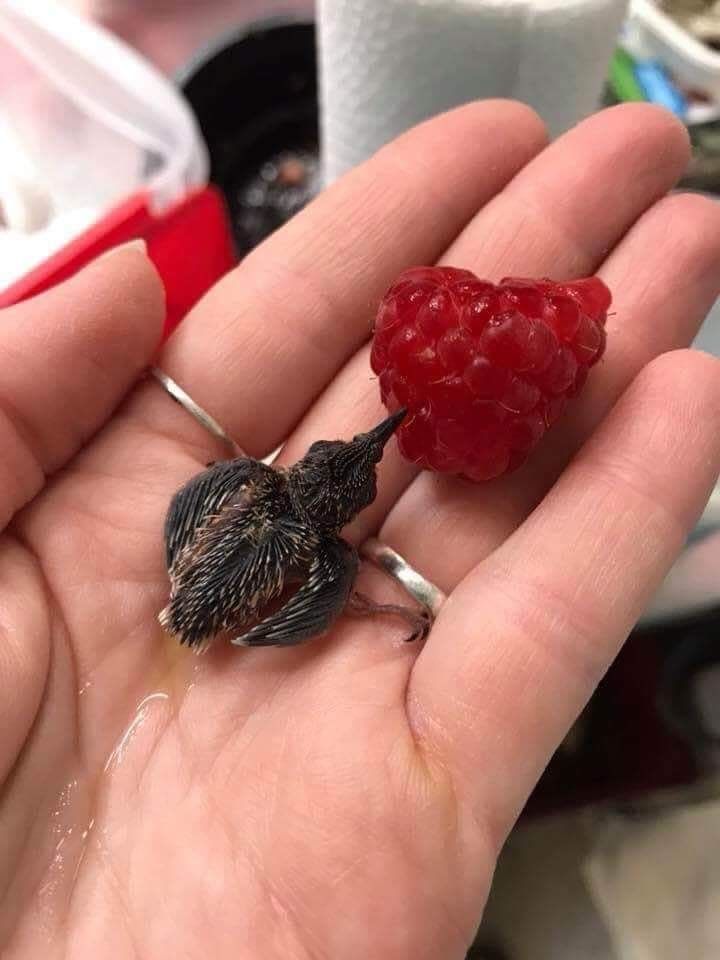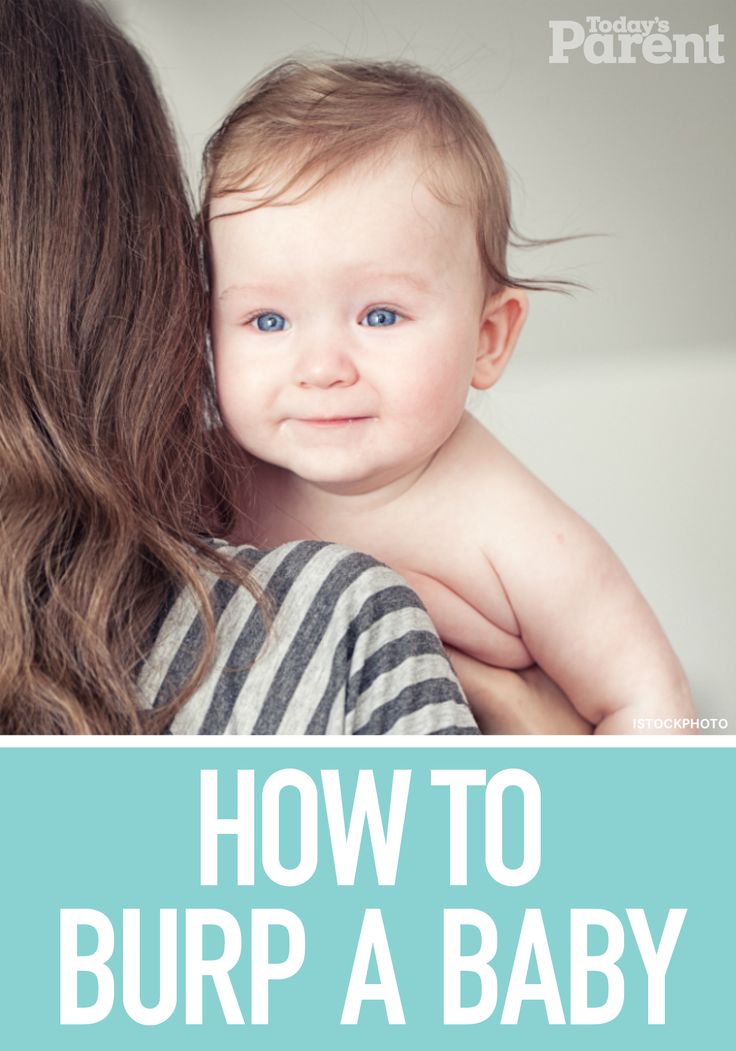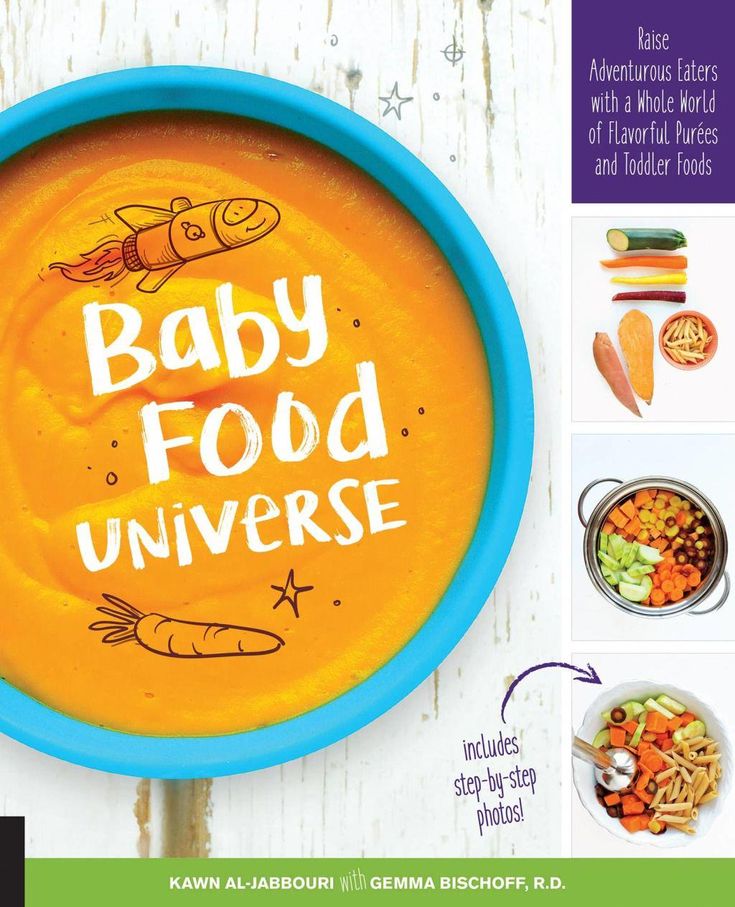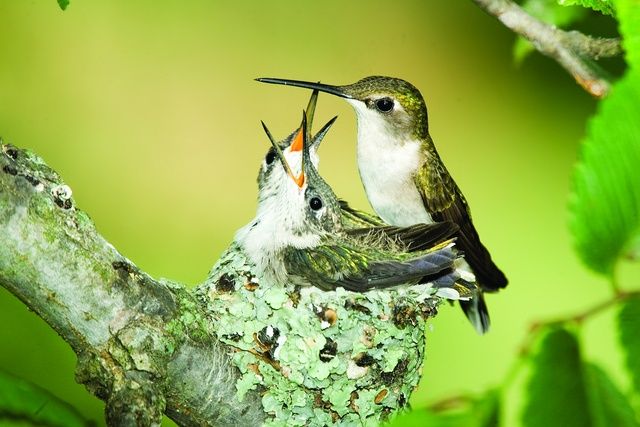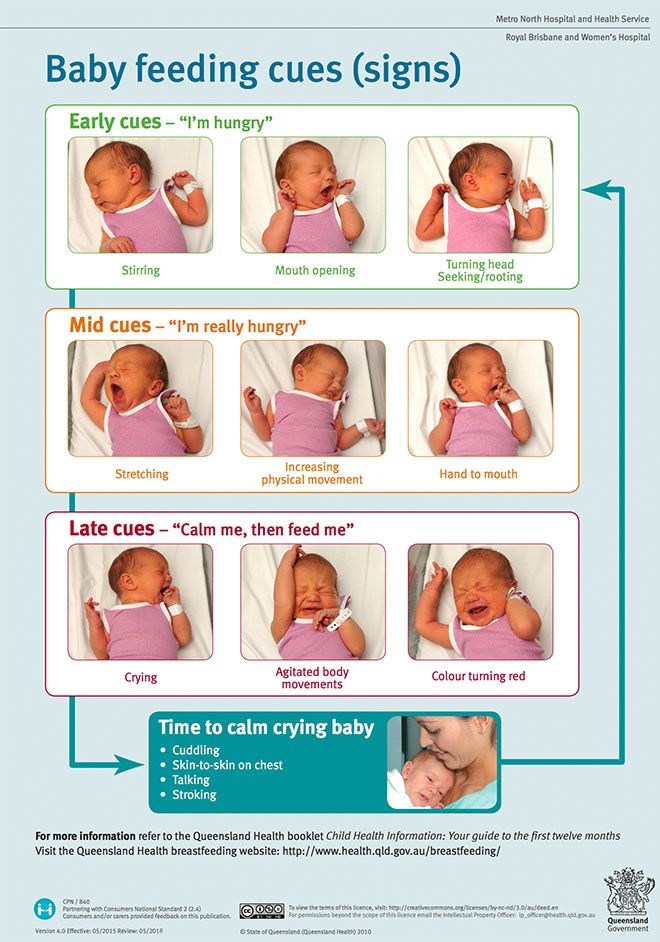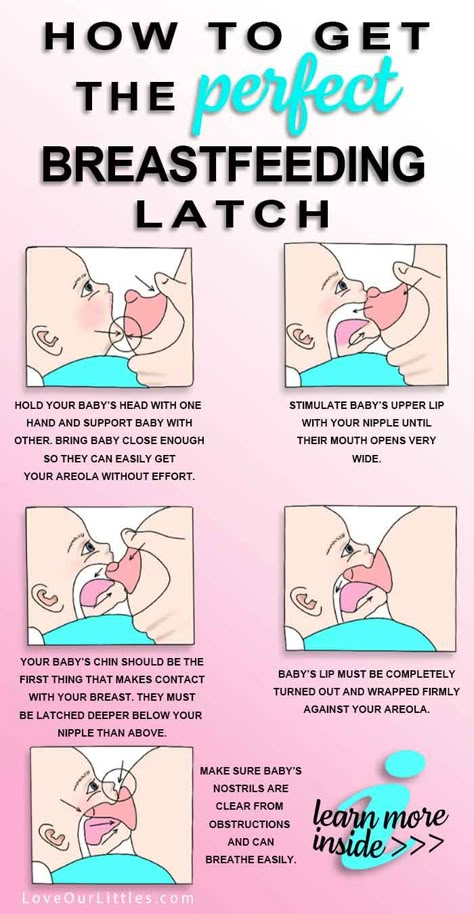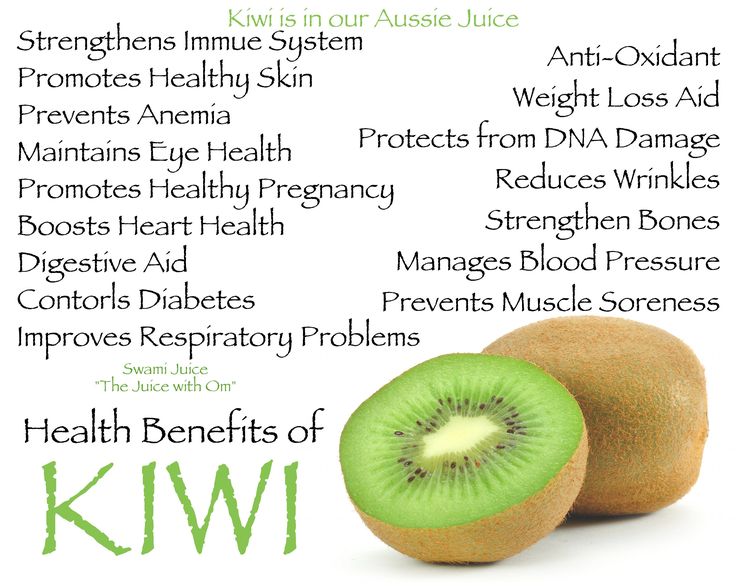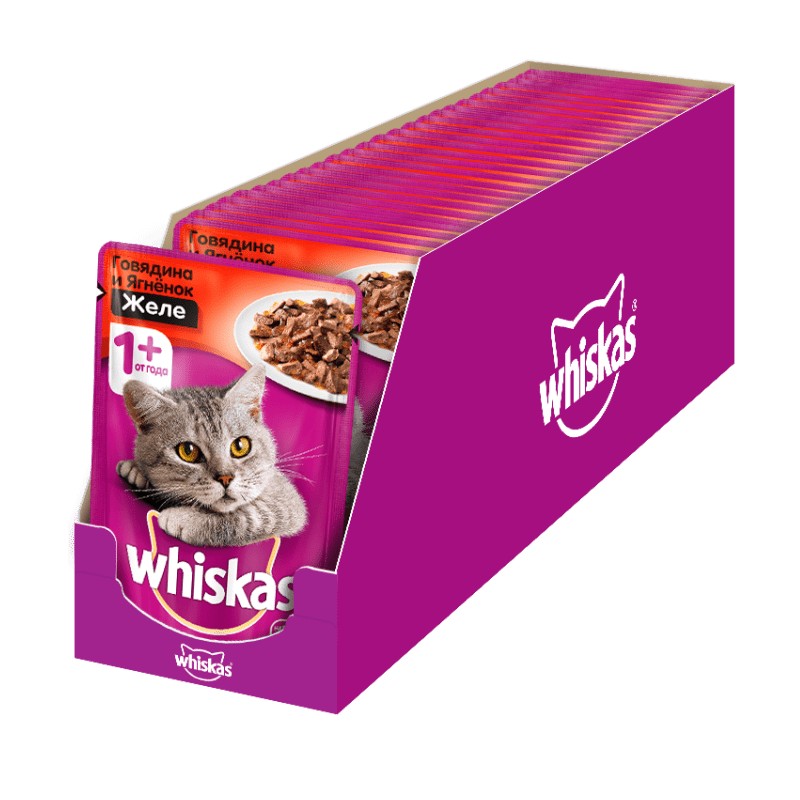Feeding baby raspberries
How to Serve Raspberries to Baby
In this guide, learn how to prepare raspberries for your baby in 6 delicious and easy ways! As yummy superfoods, raspberries are a great first food for babies 4-6 months and up. Serve them as a baby food puree, as a solid for the finger food stage or for baby-led weaning.
Medically reviewed and co-written by Lauren Braaten, Pediatric Occupational Therapist (OT).
Raspberry Baby FoodSweet, tart and juicy raspberries! Such a fun and delightful berry to introduce to your baby.
In this guide, I will go over all the ways you can prepare raspberries – from purees to baby-led weaning, I will cover it all.
First time making homemade baby food? Then, I would suggest that you start by reading my very in-depth Guide on how to Make Homemade Baby Food – which goes over all the important information such as the best cooking tools to have on hand, safe storage, how to know when baby is ready for solids, how to introduce purees, the best first foods for baby, and more! If you are doing Baby-Led Weaning, then be sure to check out my Complete Guide to Baby-Led Weaning – which covers what exactly is baby-led weaning, to every parent’s concern of baby-led weaning and choking, this guide goes over it all. I will also share how to know when baby is ready for BLW, the top 10 best first foods, a helpful sample blw feeding schedule, helpful tools to have on hand, and much much more!
Want more information? Then make sure to check out my best-selling cookbook for even more information and recipes!
Reasons to Love These Raspberry Recipes- delicious baby food purees – 4-6+ months
- great for baby-led weaning – 6+ months
- also great for the finger food stage – 9+ months
- full of essential nutrients for baby
- different ways for baby to eat – spoon-fed or self-feed
- easy to make
- purees are freezer-friendly
- can use fresh or frozen raspberries
- Raspberries, like all berries, are excellent sources of fiber, which helps keeps the gut happy and healthy.
- They’re also high in vitamin C, which helps support the immune system and is important for iron absorption.
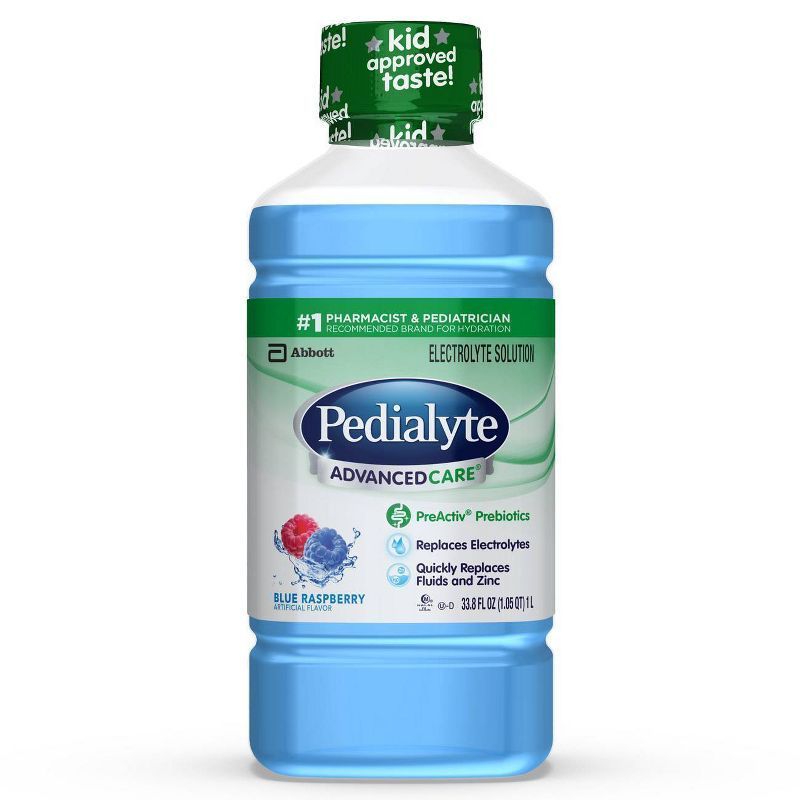
- They’re a good source of vitamin K, which is vital for blood clotting and bone health.
- Numerous antioxidants are found in raspberries, including vitamin E, beta carotene, lutein, and lycopene.
Frozen vs. Fresh Raspberries: if fresh raspberries are not in season or in your budget, frozen raspberries would be a great option as they are nutritionally similar and easy to find in most grocery stores.
When to Introduce Raspberries to BabyWhether you’re starting your baby on purees or are doing baby-led weaning, raspberries are a wholesome and enjoyable first food for your baby! When a baby can start on solids is determined by their own rate of development, which generally comes between 4-6 months of age for purees and or after 6 months for baby-led weaning. Some of the developmental milestones your baby needs to reach in order to start on solids include: if your baby has solid control of their head and neck, if your baby has doubled in weight, and if your baby is reaching for or opening their mouth when you eat (see my guide here). Before you start your baby’s feeding journey, you should consult with your pediatrician to make sure your child is developmentally ready.
Before you start your baby’s feeding journey, you should consult with your pediatrician to make sure your child is developmentally ready.
Are raspberries a choking hazard for baby?
Raspberries are not typically a choking hazard due to their soft consistency. Just make sure to serve the ripe ones instead of the ones that are harder. You can always pull them apart or flatten them with your fingers if that makes you feel better.
Are raspberries a common allergen?
Raspberries are not one of the top eight food allergens so it’s uncommon to be allergic, though it can happen. People with pollen fruit syndrome, or oral allergy syndrome, may be sensitive to them, but it’s not the same as an allergy.
How to Serve Raspberries to BabyThere are several different ways to prepare raspberries for your baby! You can make them into a smooth puree, a combination puree, a chunky puree for stage three, mashed into ricotta or whole for baby-led weaning or a finger food.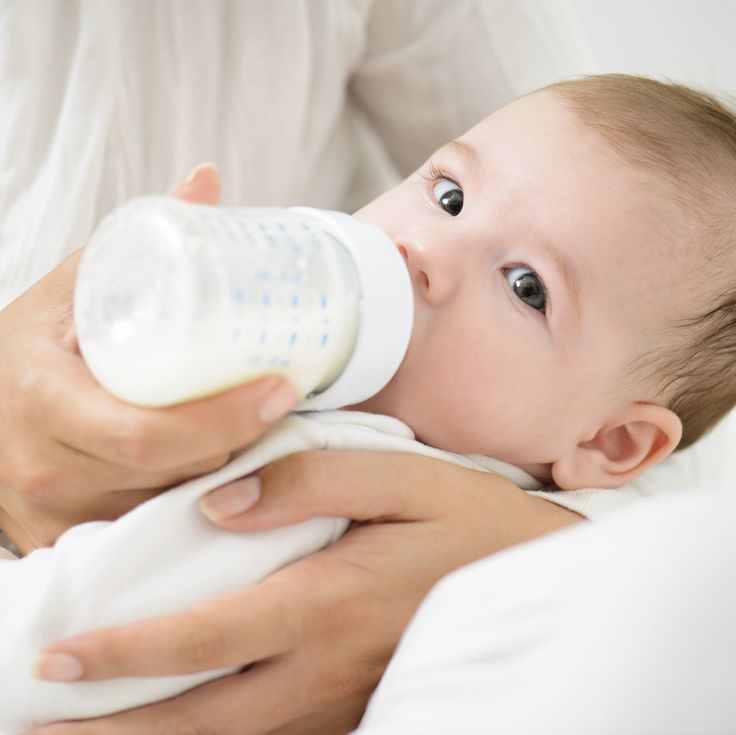 Here are 6 of my favorite ways to serve them:
Here are 6 of my favorite ways to serve them:
- Simmered Raspberry Puree
- 2-Minute Raspberry Puree
- 6 Delicious Combination Purees
- Raspberry, Ricotta & Nut Butter
- Raspberries for Baby-Led Weaning or Finger Foods: whole, quartered, or chopped
- Raspberry, Ricotta & Nut Butter
- Raspberry & Yogurt Popsicles
This simmered puree is a simple and easy way to make a yummy raspberry puree for your baby. While simmering, some of the raspberry’s natural water content evaporates, leaving a thicker and sweeter puree. This is helpful because if you blend raspberries into a puree, the puree will be thinner. You can also easily use frozen raspberries for this puree.
How to Serve: you can serve this puree as-is, mixed with an apple, pear, or sweet potato puree, swirled into oatmeal, yogurt, or ricotta.
Instructions (see below for the full recipe): place raspberries and water into a medium-low saucepan and heat over medium heat for 10 minutes. Place the cooked raspberries in a blender or food processor and puree until smooth. If the seeds are too much for your baby, you can strain them in a fine mesh colander. This puree will start on the thinner side but will thicken in the fridge as it cools.
Raspberry Tip: this is a great recipe for using frozen raspberries. You can add frozen raspberries straight to the saucepan and simmer for 12-14 minutes or until soft and thawed through.
2-Minute Raspberry PureeWant to make a delicious raspberry puree for baby but are short on time? Then this easy-peasy recipe is for you! We are simply going to blend up some fresh raspberries and call it a day! Yes, it can be that easy.
Instructions (see below for the full recipe): place fresh or frozen and then thawed raspberries into a blender.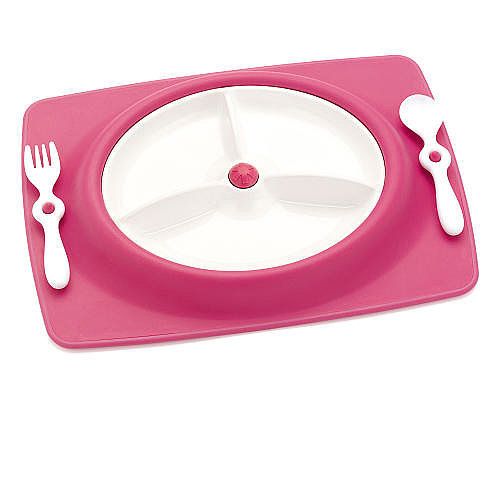 Blend for 1-2 minutes or until smooth. If the seeds are too much for your baby, you can strain them in a fine mesh colander. This puree will start on the thinner side but will thicken in the fridge as it cools.
Blend for 1-2 minutes or until smooth. If the seeds are too much for your baby, you can strain them in a fine mesh colander. This puree will start on the thinner side but will thicken in the fridge as it cools.
Raspberries are a great food for your baby to self-feed, whether for baby-led weaning, which happens around 6 months of age or during the finger foods stage at 9 months. Because raspberries are naturally soft and not a choking hazard, you can serve them to your baby whole, quartered, or chopped from 6 months of age but keep in mind that babies pincer grasp doesn’t usually develop until around 9 months of age making the smaller pieces harder for them to pick up.
Whole: great for babies 6+ months or just starting on solid foods. Whole raspberries are great for younger babies as they will have an easier time picking up the bigger pieces with their palmar grasp.
Quartered: 9+ months and up. You can serve baby quartered raspberries from the very start but your baby may have a hard time picking the small quarters up until around 9 months when they start to developed their pincer grasp.
You can serve baby quartered raspberries from the very start but your baby may have a hard time picking the small quarters up until around 9 months when they start to developed their pincer grasp.
Chopped: 9-10 months and up. Whenever your baby’s pincer grasp has developed, you can serve them diced raspberries, which is usually around 9-10 months.
6 Raspberry Combination PureesYou can mix and match raspberries with many other great fruits and veggies to make a fun combination puree. Here are my 6 favorites.
- Banana Raspberry Puree: place 2 ripe bananas and 1 cup of freah raspberries in a blender and puree until smooth. Freeze immediately to preserve the color.
- Avocado Raspberry Puree: on a cutting board, mash 1/2 a ripe avocado with 5-7 raspberries until super smooth. Freeze immediately to preserve the color.
- Sweet Potato Raspberry Puree: follow this sweet potato recipe but add fresh raspberries to the backing sheet when you have 10 minutes left on your cooking time.
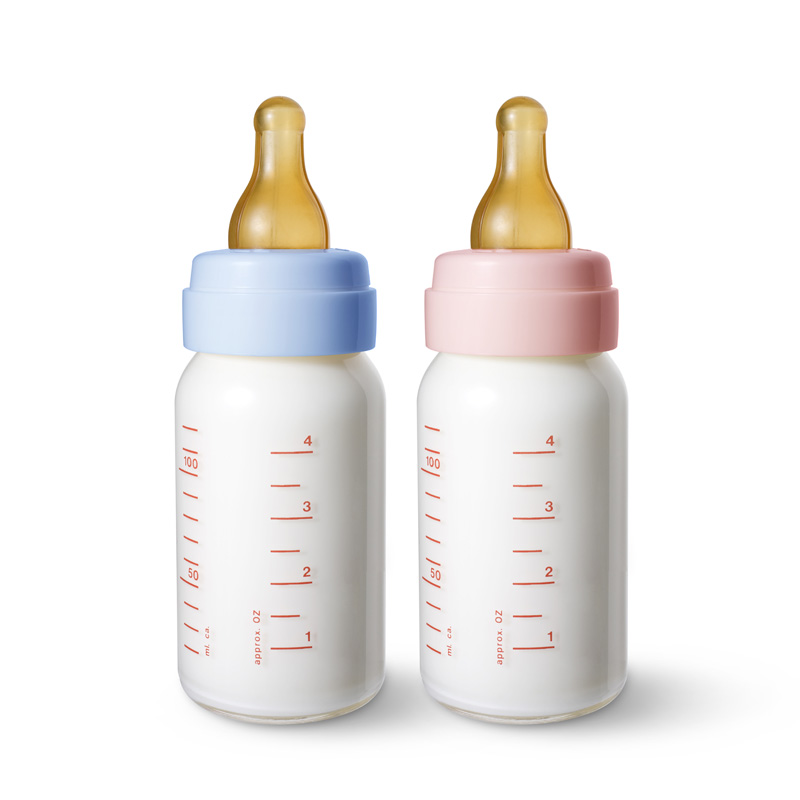 Puree as instructed in the recipe.
Puree as instructed in the recipe. - Apple Raspberry Puree: follow this apple puree recipe, but add 1-2 cups of raspberries when you cook the apples. Puree as instructed in the recipe.
- Carrot Raspberry Puree: follow this carrot puree recipe, but add 1-2 cups of raspberries while blending.
- Pear Raspberry Puree: follow this pear puree recipe, but add 1-2 cups of raspberries when you add the pears to the saucepan. Cook and puree as instructed in the recipe.
Raspberries paired with creamy ricotta! What’s even better, when you swirl in a little nut butter! This is a protein-packed food for your baby! Of course, you can also use cottage cheese or whole-milk plain yogurt in this recipe, if you prefer.
How to Serve: you can serve this to your baby on a spoon, in a bowl for them to rack into their mouths, a self-feeding spoon, or on a piece of toast, pancake, or waffle.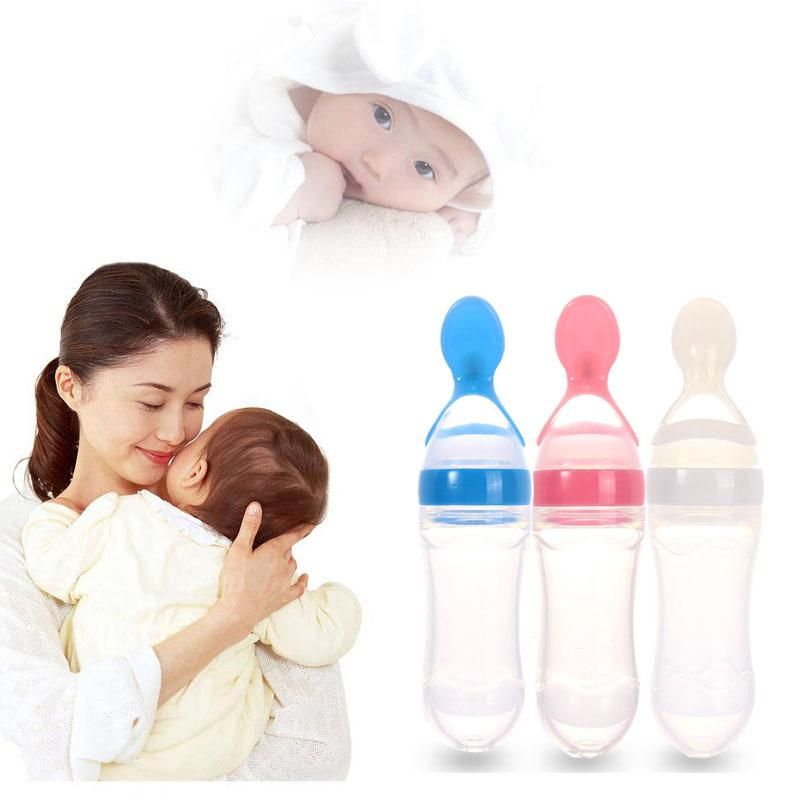
Instructions (see below for the full recipe): add raspberries, ricotta, and any nut butter you prefer to a small bowl and mix together until raspberries and mashed and everything is incorporated.
Related
Nuts for Baby – 10 Safe Ways
Raspberry & Yogurt PopsiclesA fun way to introduce raspberries to your baby is in the form of a popsicle! Homemade popsicles that have no added sugar can be introduced to babies around 6 months of age. While some babies will love the cool sensation on their tender teething gums, others may not love this frozen food until later on.
How to Serve: place your baby in a highchair and serve them one popsicle. We love the Nuby Pop Tray and the Zoku Mini Pop popsicle molds for babies.
Instructions (see below for the full recipe): In a medium bowl, add the yogurt, raspberry puree and lemon juice and gently fold together. Spoon into a baby-sized popsicle mold, freeze for at least 5 hours or preferably overnight.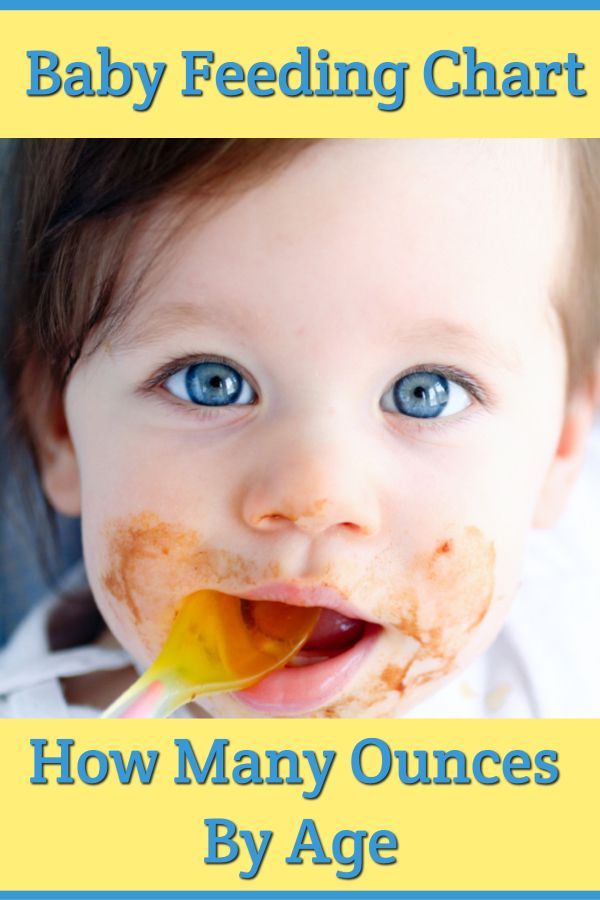
You can freeze any of the purees listed above. For finger foods, you can store any leftovers in the fridge in an air-tight container for up to 3 days.
REFRIGERATORYou can store this raspberry puree in an airtight container in the fridge for 4 days.
FREEZERThis raspberry puree can be frozen for up to 4 months.
- Spoon pureed raspberry into a freezer storage container – do not overfill.
- Place the lid on the storage container or cover with a piece of saran wrap and label with date and recipe name.
- Place the tray into the freezer and let freeze completely – preferably overnight.
- Pop-out the baby food cubes and place in a zip-lock baggie or stasher bag – don’t forget to re-label the baggie or stasher bag for future reference.
- Organic vs. Traditional: Raspberries are on the EWG’s Dirty Dozen list so buy organic if you can for less pesticide residue.
 Buying frozen is a good way to buy organic produce on the cheap(er), plus they won’t go bad as long as they’re in the freezer. This is a great option when using raspberries in smoothies, purees, or baked goods.
Buying frozen is a good way to buy organic produce on the cheap(er), plus they won’t go bad as long as they’re in the freezer. This is a great option when using raspberries in smoothies, purees, or baked goods. - Freeze when Fresh: Another way to save on fresh organic raspberries is to buy them in bulk when they’re on sale and in season. Place what you will eat within the week in the fridge and put the remaining berries in an airtight container or ziplock bag in the freezer to use later.
- Diaper Rash: If baby has diaper rash, you may want to avoid serving them as the acid in the berries can make it worse, or cause diarrhea due to the fiber content.
- Baby Bowls
- Suction Baby Plates
- Baby Spoons
- Beaba Babycook
- Freezer Storage Tray
- Gootensil
- Saucepan
- Baking Sheet
Simmered Raspberry Puree
- 2 cups raspberries, fresh or frozen
- 2 tbsp water
- 1 pinch cinnamon (optional)
2-Minute Raspberry Puree
- 2 cups raspberries, fresh or thawed if using frozen
Baby-Led Weaning/Finger Food Stage
- 3-4 raspberries, fresh
Raspberries, Ricotta & Peanut Butter
- 3 tbsp ricotta, whole milk
- 5-6 raspberries, fresh or thawed from frozen
- 1/2-1 tsp peanut butter, or other nut butter
Raspberry & Yogurt Popsicles
- 1 1/2 cups plain whole milk yogurt, or plain plant-based yogurt
- 1 cup raspberry puree, either the Simmered Raspberry Puree or 2-Minute Raspberry Puree will work, seeds removed
- 1 tbsp fresh lemon juice (optional)
Simmered Raspberry Puree
Place the raspberries, water, and cinnamon into a small saucepan and heat over medium-low heat for 10-12 minutes or until soft and broken down.
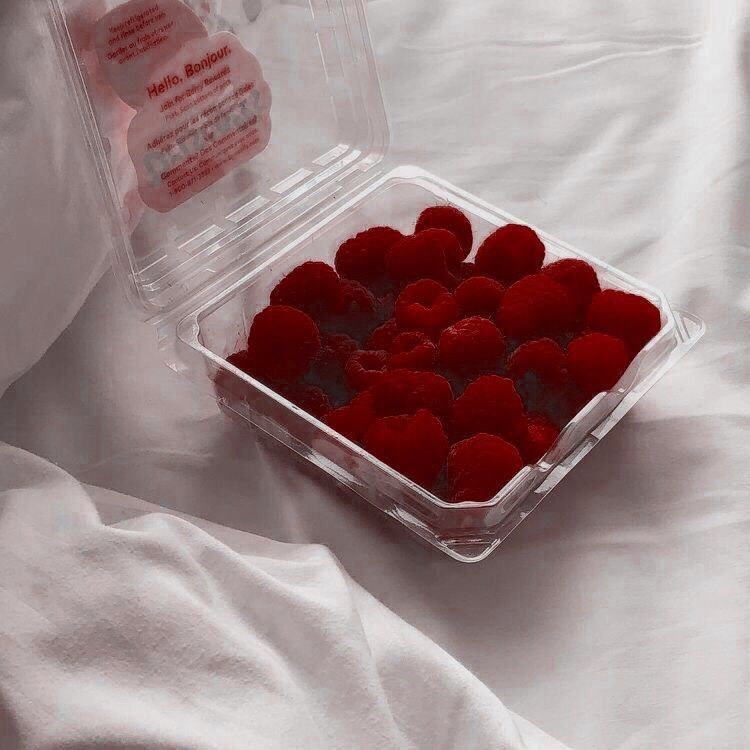
Let cool slightly and then transfer the raspberries to a blender or food processor and puree for 1-2 minutes until smooth. If there are too many seeds, pour the puree through a fine mesh colander into another bowl. The puree will thicken as it cools in the fridge or freezer.
2-Minute Raspberry Puree
Place raspberries into a blender and puree for 1-2 minutes or until smooth.
If there are too many seeds, pour the puree through a fine mesh colander into another bowl. The puree will thicken as it cools in the fridge or freezer.
Baby-Led Weaning/Finger Food Stage
Serve to your baby whole, quartered or chopped depending on your baby's age (see graph).
Raspberries, Ricotta & Peanut Butter
Place the ricotta, raspberries and nut butter in a small bowl.
Using a fork, mash the raspberries and mix until incorporated.
Raspberry & Yogurt Popsicles
In a medium bowl, gently stir together the yogurt, raspberry puree and lemon juice.
 You don't want it mixed all together, you can leave it so the ingredients are just swirled together.
You don't want it mixed all together, you can leave it so the ingredients are just swirled together.Spoon mixture into small baby-sized popsicle molds. Place the molds into the freezer and freeze for at least 5 hours or overnight.
Take the popsicle out of the mold and hand it to your baby.
Age: 4-6+ months for puree, 6+ months for baby-led weaning
Storage: you can store the purees in the fridge for up to 4 days or in the freezer for 4 months. You can store the finger foods in the fridge for up to 3 days.
Yield: the purees will yield you roughly 6-8 ounces of puree, while the finger foods will give you 1-2 servings.
Notes on Frozen Raspberries: if you are using frozen raspberries, make sure you thaw and drain any excess liquid before using them.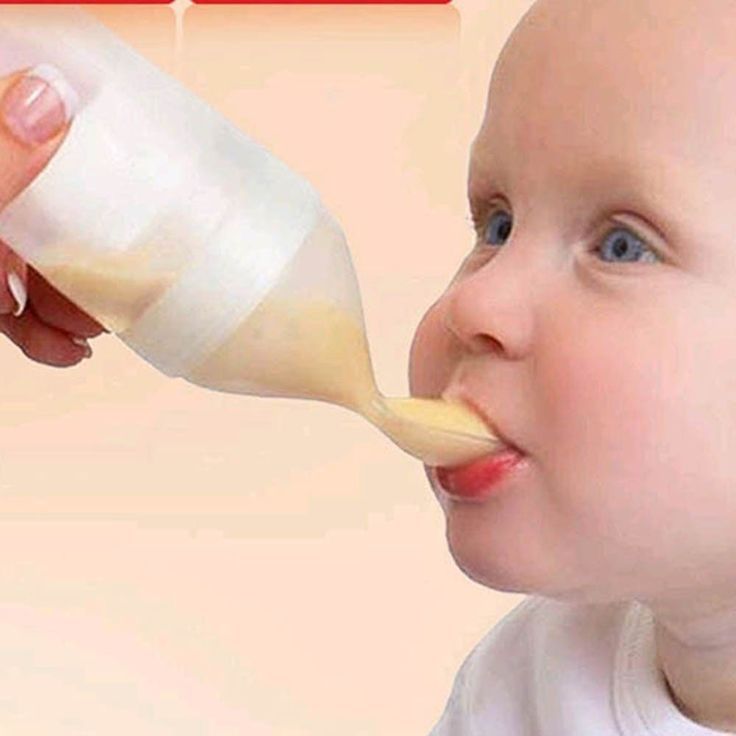
Freezer Tray
Blender
Grabease Utensil
EZPZ
Did you make this recipe?
Tag @babyfoode on Instagram and hashtag it #babyfoode!
Pin Recipe Email a Friend
Can Babies Eat Raspberries? - Netmums
BABY
Last modified on Wednesday 7 April 2021
Find out when it's safe to give your baby raspberries. Plus, get tips on how to prepare raspberries for your child and information on allergies.
This page contains affiliate links, which means we may earn a small amount of money if a reader clicks through and makes a purchase. All our articles and reviews are written independently by the Netmums editorial team.
Your browser cannot play this video.
The official advice on when babies can eat raspberries
According to the NHS, it's fine to give your baby raspberries from around six months old.
It's safest to wait until around six months before giving your baby any solid food, because younger babies may not be able to sit up and swallow well.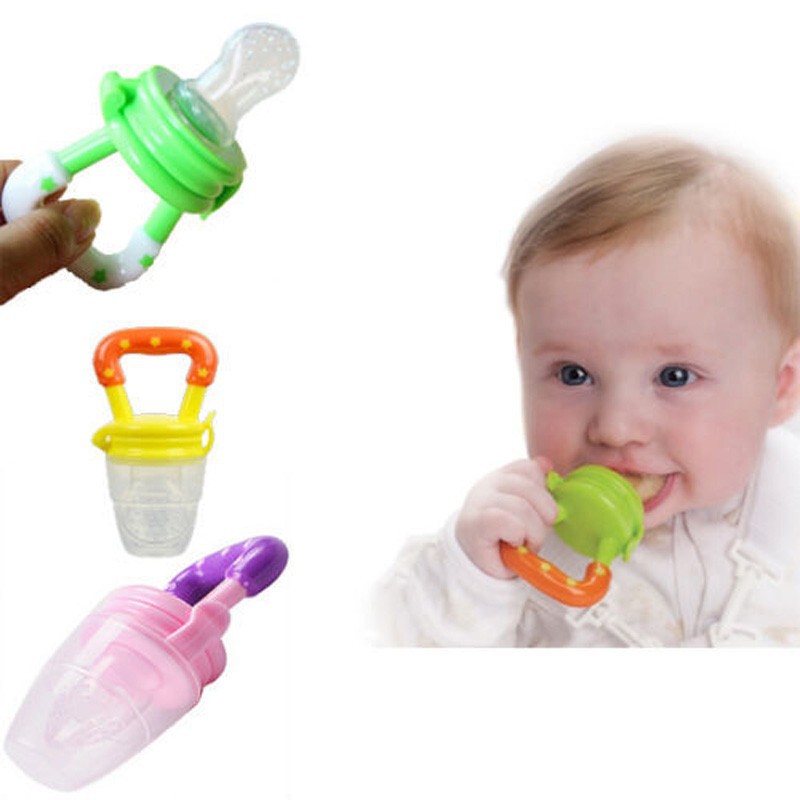
At six months, babies can eat a variety of fruits and vegetables, including raspberries - and ensuring they get used to a range of flavours and textures can also help to stop them becoming fussy eaters when they get older.
How to prepare raspberries for your baby
The NHS recommends that you blend soft, ripe raspberries into a puree, or mash them for your baby to eat. This goes for any kind of fruit (though harder fruits may need to be cooked a little in order to be softened).
Once your baby is used to the flavour and texture of blended or mashed raspberries, you can offer them as finger food when they're ready. To prevent choking, the NHS recommends cutting small round fruits, like raspberries, into smaller pieces before giving them to your baby.
Pureed
Start out by feeding your baby pureed or blended raspberries first so that they can get used to the taste.
Try this: For a raspberry puree, add 150g of washed raspberries to a blender with 2tbsp of cooled, boiled water or your baby's usual milk.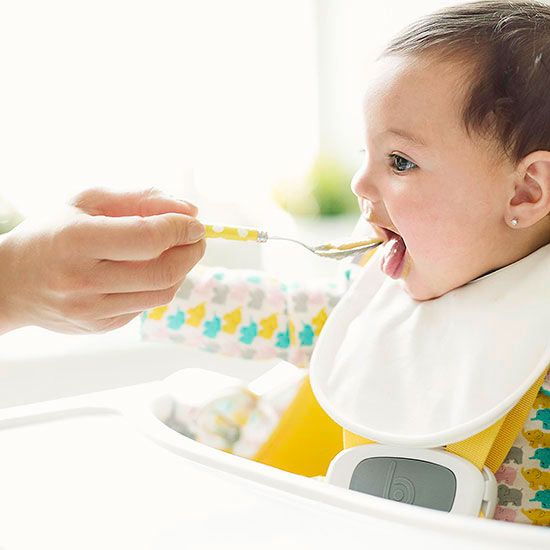 Blitz in the blender until you have a smooth puree, then feed it to baby and freeze anything that you have left.
Blitz in the blender until you have a smooth puree, then feed it to baby and freeze anything that you have left.
Mashed
If your baby is ready for more texture, move on to mashed raspberries as soon as they're ready. This way, they'll get to experience a different texture and will learn how to move solid food around their mouth and swallow solid food.
Introducing lumpy foods and textures from around six to seven months is fine - just make sure that they're swallowing correctly. And remember that different babies will get used to lumpy textures at different rates.
Try this: For mashed raspberries, take 150g of raspberries and 2tbsp of cooled, boiled water or your baby's usual milk. Then simply mash up the mixture in a bowl with a fork.
Finger food
Once your baby is OK with mashed raspberries, you can serve them as a finger food. Simply slice the raspberries in half, and make sure the pieces are still big enough for your baby to hold.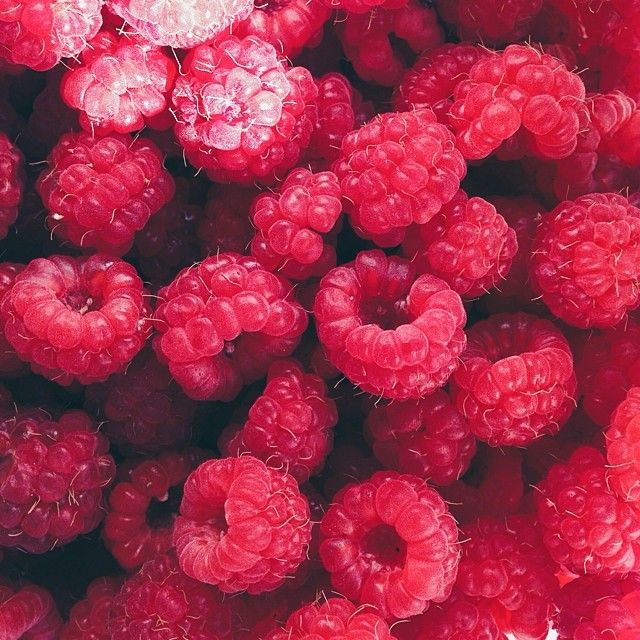 Avoid serving raspberries and other round foods whole, as this can be a choking hazard.
Avoid serving raspberries and other round foods whole, as this can be a choking hazard.
Your baby will enjoy picking up bits of food and feeding themselves - which is also great for developing hand-eye coordination.
For more information on introducing your baby to solid foods, check out our article on getting started with weaning.
Health benefits of raspberries for babies
Raspberries are a good source of:
- fibre (for a healthy digestive system)
- vitamin C (ascorbic acid - for protecting cells, healthy skin and wound healing)
- manganese (for a healthy metabolism)
- vitamin K (for helping wounds to heal)
- vitamin E (for strengthening the immune system and healthy skin and eyes)
- potassium (for lowering blood pressure)
- iron (for combatting anaemia and low energy)
Could my baby have a raspberry allergy?
It's often a good idea to wait three to five days between introducing any new foods to your baby. This way, you can catch any reactions to new foods, and you'll be able to more easily identify which food was the cause.
This way, you can catch any reactions to new foods, and you'll be able to more easily identify which food was the cause.
Signs of allergies in babies
According to the NHS, allergies to fresh fruit and vegetables, including raspberries, usually only cause symptoms affecting the mouth, lips and throat - known as oral allergy syndrome.
Other symptoms of an allergy to look out for include:
- diarrhoea or vomiting
- a cough
- wheezing and shortness of breath
- itchy throat and tongue
- itchy skin or rash
- swollen lips and throat
- runny or blocked nose
- sore, red and itchy eyes
In some cases, foods can cause a severe allergic reaction known as anaphylaxis, which can be life-threatening. If your baby has trouble breathing, or loses consciousness, call 999 for an ambulance straight away and tell them that you think it could be anaphylaxis.
If you think your baby may have an allergy, speak to your health visitor or GP.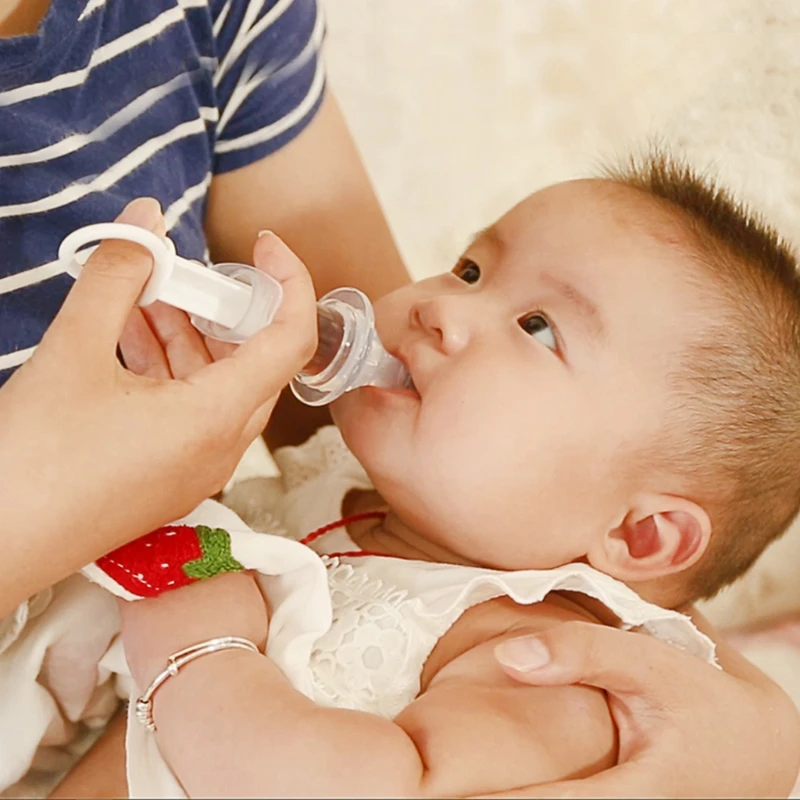 If the reaction is mild, don't cut important foods out of your baby's diet until you've received medical advice, as your baby could miss out on valuable nutrients.
If the reaction is mild, don't cut important foods out of your baby's diet until you've received medical advice, as your baby could miss out on valuable nutrients.
However, if allergies, asthma or eczema run in your family, your child may be more likely to develop an allergy, so you might want to talk to your GP or health visitor for advice before weaning your baby.
While allergies to raspberries are possible, the main food and drink allergens to be aware of, according to the NHS, are:
- cows' milk
- eggs
- foods that contain gluten, including wheat, barley and rye
- nuts and peanuts (serve them crushed or ground)
- seeds (serve them crushed or ground)
- soya
- shellfish (don't serve raw or lightly cooked)
- fish
So, especially try to avoid giving your baby any of these foods at the same time you give them raspberries for the first time.
Raspberry recipes for babies
These raspberry and fruity recipes are suitable for babies to eat or share:
- Raspberry puree for babies
- Apple and raspberry muffins (just don't add sugar for babies)
- Fresh fruit salad
- Fruity ice cream
- Summer pudding
- Frozen berries
Weaning by baby feeding guru Annabel Karmel is a must for every parent's bookshelf and has all the information you need about your baby's first foods. See more details here at Amazon.
See more details here at Amazon.
The Baby-led Weaning Cookbook by Gill Rapley has over 130 recipes that the whole family can enjoy. See more details here at Amazon.
Looking for more tips on feeding your baby? Check out our articles below, or swap tips and meal ideas with other parents in our forum.
Related stories
7 things a nutritionist wishes parents knew about weaning
CHAT: Weaning drop-in clinic
Avoid these common choking hazards for babies and children
Raspberries while breastfeeding
Feeding a nursing mother is often associated with many restrictions. Some of the prohibitions apply to fruits and berries, but in the summer season it is so difficult to resist eating juicy raspberries, strawberries or peaches. We have already written about whether it is possible for a breastfeeding mother to eat watermelon, and today we will talk about raspberries during breastfeeding.
So, can a nursing mother eat fresh raspberries? Let's study this issue in detail so as not to deprive ourselves of the vitamins and nutrients that are so necessary during breastfeeding.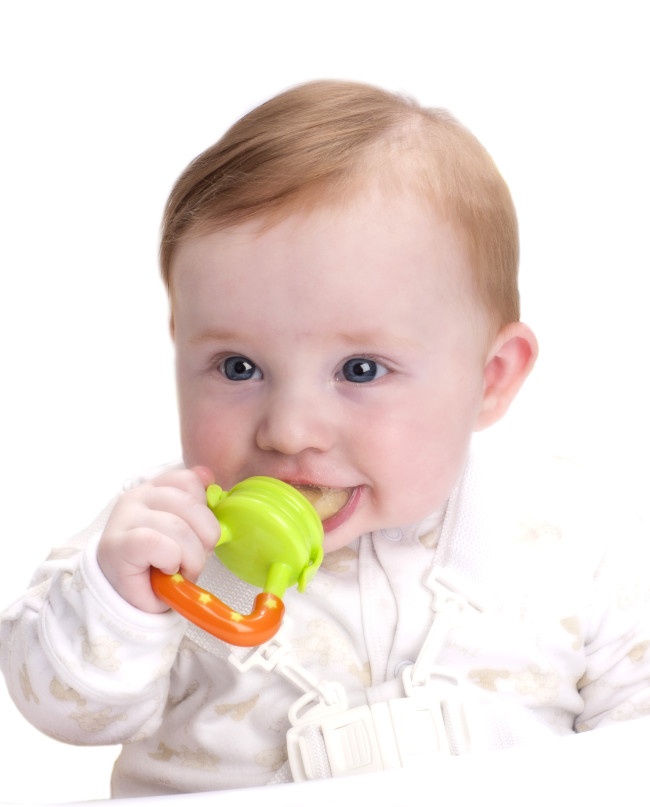
Raspberry benefits for breastfeeding
Raspberries are not only tasty, but also very healthy. They contain a large amount of vitamins, pectin, essential oils, sucrose, as well as malic, citric and salicylic acids.
Thanks to these ingredients, raspberries have their excellent healing properties.
Raspberries are also rich in minerals that a woman needs during breastfeeding. Raspberries contain: copper, iron, potassium, tannins, fiber, organic acids (salicylic acid has an antipyretic effect on the body), vitamins C, B1, B12, PP.
Raspberries have antimicrobial and immunostimulatory effects. It promotes faster healing of wounds, renewal of blood and activation of digestion.
Raspberries are low-calorie foods, so not only will they not spoil the figure after childbirth, but they will also help you lose weight (read more in What to eat to lose weight this summer: 10 fruits and vegetables for weight loss).
Raspberry pulp and small seeds help to improve the digestive processes, which is very important if a nursing mother is prone to constipation.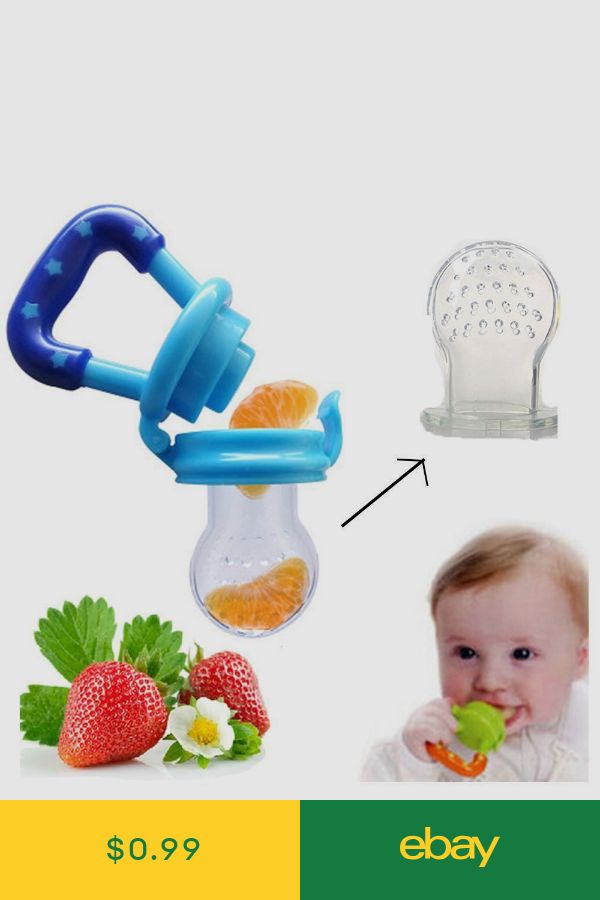 It is also known that raspberries remove toxins from the body.
It is also known that raspberries remove toxins from the body.
Read also: Is it possible for a nursing mother ice cream
Can raspberries with breastfeeding
Red raspberries during breastfeeding
Despite all its beneficial properties, Malina for infants may be breastfeeding. inflict harm. So, the use of raspberries is contraindicated for nursing mothers who are prone to allergies, as well as those suffering from gastrointestinal diseases, gout and kidney disease.
Raspberries are forbidden to nursing mothers with allergies to salicylates (aspirin), because, as we said above, raspberries contain salicylic acid.
Since raspberry is an allergenic product, it is necessary to introduce it into the diet of a nursing mother with great care. This can be understood by the color of the berry. As you already know, white and green fruits and berries should be introduced first into the diet of a nursing mother, then yellow, and only after that - bright orange and red.
Can a breastfeeding mother eat yellow raspberries
Breastfeeding yellow raspberries
Today there are many varieties of raspberries, from white to deep red. If there is any doubt whether raspberries can be breastfed, then you should choose white or yellow fruits. It is believed that they are less allergenic and will not cause a negative reaction in the baby. If yellow raspberries are well tolerated by the child, then you can proceed to the use of red varieties of berries.
Please note: do not eat a lot of raspberries at once, as they have a laxative effect. To begin with, it is enough to eat 5-7 berries. Later, you can increase the amount of raspberries consumed, but not more than a glass a day.
Find out more about whether raspberries can be breastfed or share your experience of introducing fresh raspberries into the diet of a nursing mother on our forum at the link below.
Read also: What sweets can a nursing mother eat
Read also: DIY sling beads: a master class for beginners (photo, video)
Read also: Tea for lactation: a recipe from a famous herbalist
Background photo created by freepik - www.freepik.com
, from what age, how much
Contents
In summer, kids want to treat fresh berries, because they contain so many vitamins. Raspberries are useful for children, as they are very tasty, improve appetite and have a beneficial effect on the development of the body. But, as a possible allergen, it requires careful handling.
Internal content
Fresh raspberry juice is rich in organic acids, vitamins C, K, PP, carotene. It contains a lot of iron, zinc, sulfur, potassium, manganese and other minerals. The pulp contains soft dietary fiber that stimulates the intestines.
Eating berries helps to strengthen the immune system, avoid anemia, hypovitaminosis, supports metabolic processes, regulates blood composition and heat transfer.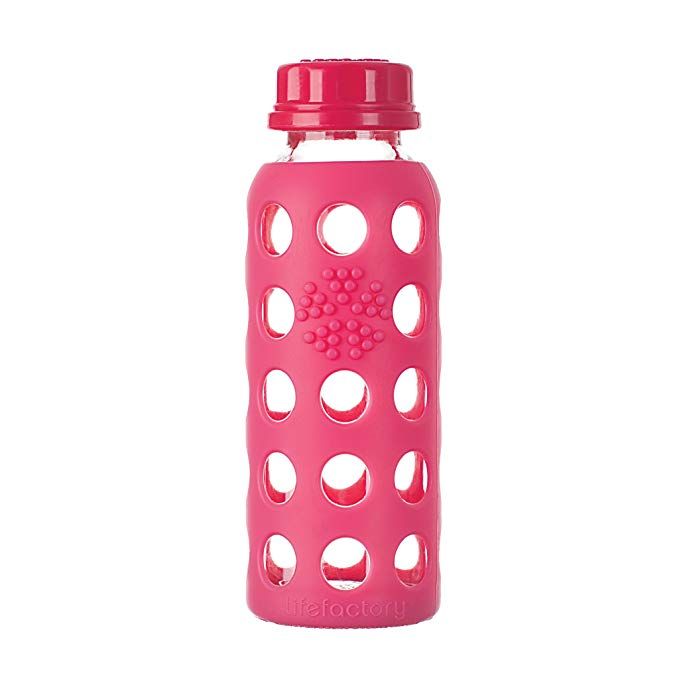
A few ripe raspberries a day relieve heaviness in the stomach, prevent constipation, accelerate the flow of bile through the tributaries, and help digest fatty foods. Magnesium and potassium in the composition of berries improve heart function, relieve excessive excitability, and normalize night sleep.
A large amount of raspberries can harm children. The salicylic acid contained in it increases sweating and urination. This is a dangerous violation of the water-salt balance, especially in hot weather.
Babies with impaired kidney function or high blood clotting should not eat these berries. They should also be treated with caution in case of high acidity of gastric juice. We must also not forget about the high risk of allergies.
Like many highly pigmented foods, raspberries often cause dermatitis or other intolerance symptoms.
Raspberries for children: from what age
Berries can be introduced into complementary foods from 9–10 months.
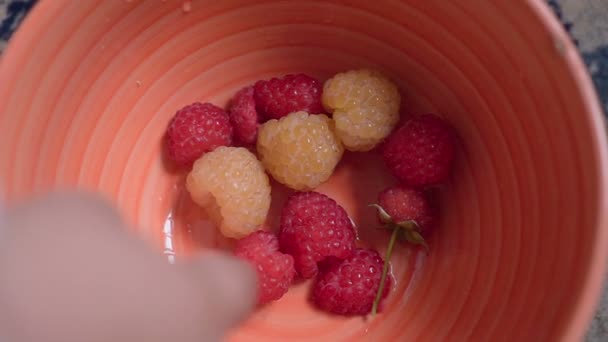
But up to 1.5 years, only completely healthy babies are allowed to feed them. If there is a predisposition to food allergies, acquaintance with the product should be postponed until 2-3 years.
In what form can children eat raspberries? It is undesirable to give whole berries to babies younger than a year old. There are many hard bones in the seedlings that you can choke on. In addition, chewing skills in babies at this age are not developed. An excellent way out is freshly squeezed juice.
For one serving, 4-5 ripe berries can be simply crushed with a spoon. To protect the baby from allergies, it is useful to choose not a red, but a yellow variety. It's no less useful.
Pre-soak the berries for 2-3 minutes in warm water, and then pour boiling water over them.
- 1 tsp is enough for the first time. juice or 2 berries. It is better to give raspberries in the morning: 1-1.5 hours after breakfast.
 Be sure to drink water.
Be sure to drink water. - If the product does not cause a negative reaction within a day, it is allowed to double the portion, and after a week - 3-4 times.
- During the ripening season, raspberries can be eaten every day. Preferably fresh, harvested from the bush.
Children over 2 years of age can have up to 1 cup of raspberries per season daily (150-200 g).
In addition to fresh fruits, dried and frozen fruits are allowed. Of these, it is useful to prepare fruit drinks, jelly, compotes, kissels, light desserts, vitamin smoothies. These berries are combined with sweet fruits, strawberries, blueberries, cottage cheese, sour milk drinks.
Raspberry jams or preserves are less useful. They do not contain most of the vitamins, contain a lot of sugar. Such a product is suitable in small quantities, as an infrequent treat.
Young raspberry leaves can be added to tea for children.
They contain no less vitamins than berries.